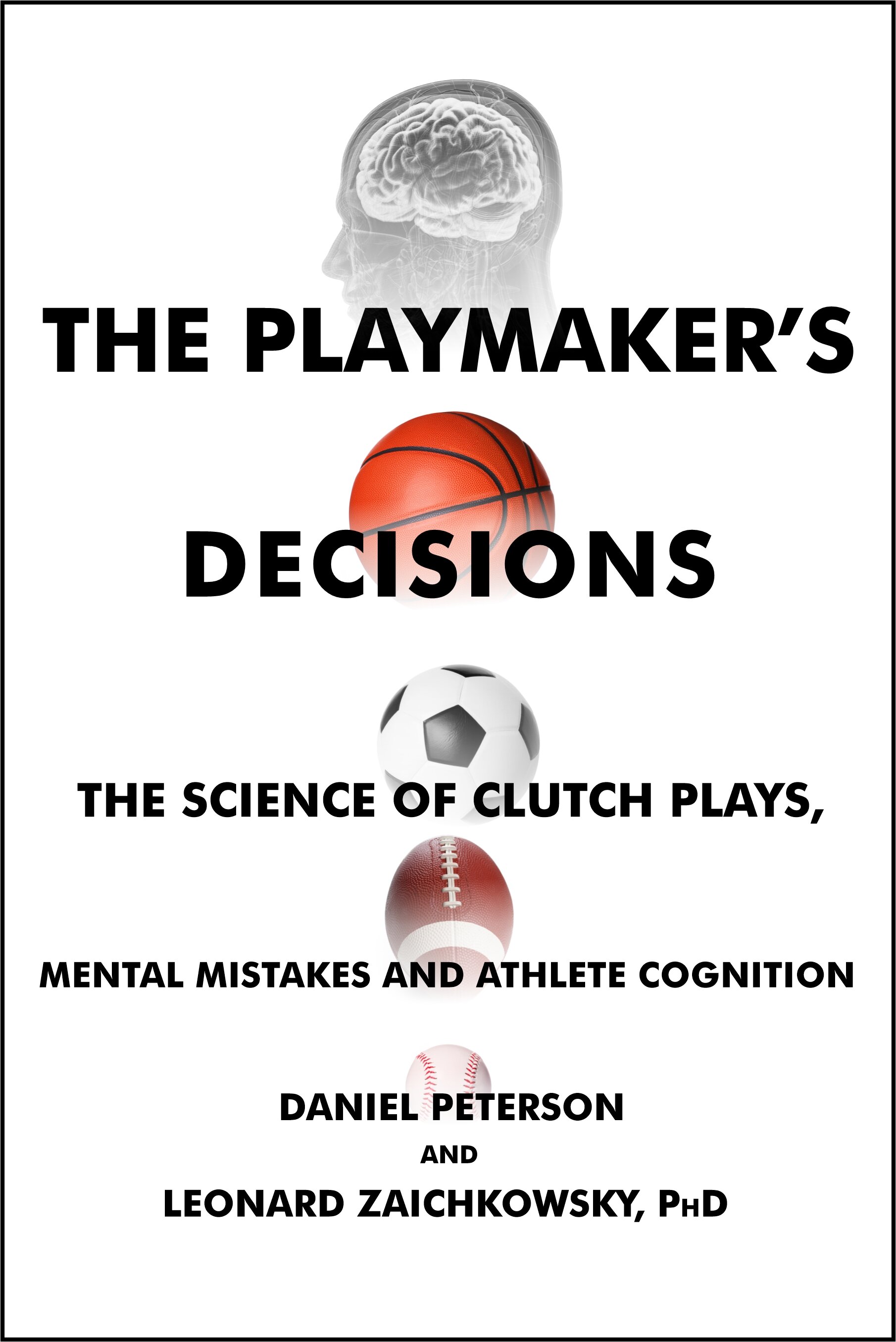Positive Self Talk Can Boost Your Athletic Endurance
/
It has become a tradition in football for players to hold up four fingers at the start of the 4th quarter, signifying that they need to dig deep and finish strong. Even if their legs are dead and they’re ready to quit, they convince themselves to compete for one more quarter. This type of self-talk motivation is used by many athletes but now its effectiveness has been supported by new research from the University of Kent.
During a tough workout or a physical game, we get plenty of signals from our body that muscles are sore and the endurance wall is fast approaching. However, our brain is wired to be overprotective and tells us the tank is almost empty when in fact we still have a reserve supply of energy remaining. By overriding this internal thermostat, we can surprise ourselves with an extended performance level.
Professor Samuele Marcora, Director of Research at the Centre for Sports Studies at the University for Kent, along with a team from Bangor University and Tilburg University, wanted to give athletes some reassurance that they could, indeed, disagree with their own brain and mask the negative signals with encouraging thoughts. They gathered 24 young, athletic volunteers to participate in a cycling endurance test.
First, to establish fitness baselines for each person, the men and women were asked to ride a training bicycle at 80 percent of their maximum effort until they were exhausted and could not go on. During the tests, not only were their heart rate, work rate and speed recorded, but even their facial muscle contractions showing their pain in the form of grimaces. After the session, the volunteers were also asked for their rate of perceived exertion (RPE), a standard self-report measure of effort.
For the next two weeks, the group was divided into two groups. The control group was told to continue their normal exercise routine until the next test.
However, the second group was instructed on how to use self-talk during their workouts. They each chose four motivating affirmations, two for the early part of a session like “feeling strong today” and two for the final stretch like “I can do this.” They incorporated these statements into their daily exercise routines. Returning to the lab, the two groups were asked to do the same cycling to exhaustion test.
The test group was allowed to use their self-talk phrases during the session. Sure enough, that group was able to last on the bike 18% longer than their initial baseline level while the control group performed about the same as before.
Interestingly, even though the physiological markers of heart rate and oxygen use stayed the same for the self-talk group, they reported a lower RPE. In other words, they had fooled their brain by blocking the negative signals from their body.
“This study is the first to demonstrate that self-talk significantly reduces RPE and enhances endurance performance,” wrote Marcora. “The findings support the psychobiological model of endurance performance and illustrate that interventions designed to specifically target favorable changes in perception of effort are beneficial to endurance performance.”
This research has been published in Medicine & Science in Sports & Exercise.
So, keep those four fingers up as you head into the fourth quarter. As long as you believe that you still have something left, your brain will believe you.











